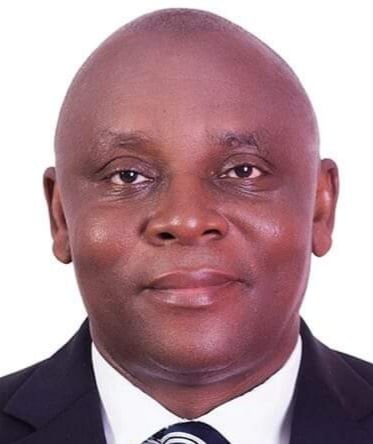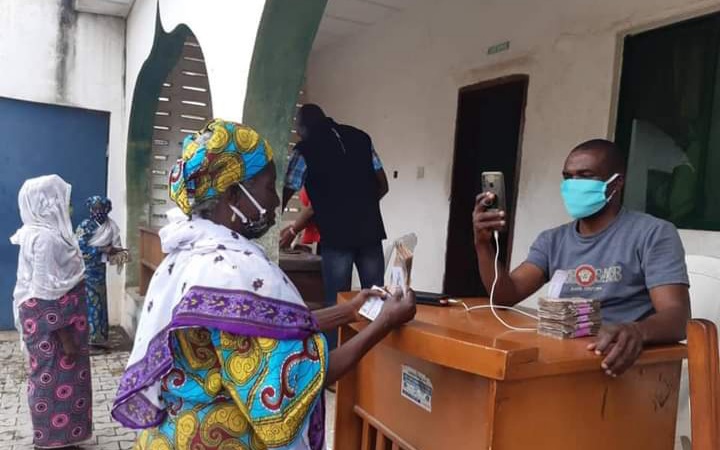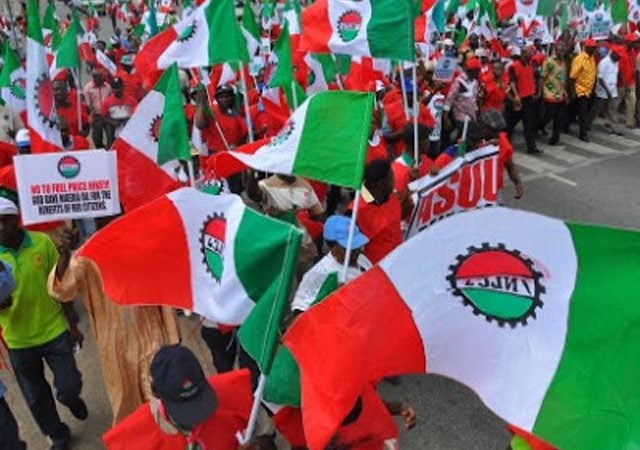Umo Eno
For four days last week, Governor Umo Eno presented his campaign blueprint to a cross section of Akwa Ibom people and some industry specialists and asked them to review and modify the document into a SMART (specific, measurable, achievable, realistic and timely) agenda that he could implement. Named ARISE – an acronym for agriculture, rural development, industrialisation, security and education – the document was widely criticised during the campaigns for lacking in depth and implementation strategies. The summit last week was therefore mandated to tease out the important elements of the plan into short, medium and long-term programs and attach strategies, timelines and budgets. The very idea of a governor submitting his policy document to public scrutiny is not common, but this summit reflects Eno’s bipartisan and broad-based consultative style. I commend him for the initiative as I look forward to reading the recommendations that came out of the dialogue.
But I have my own contributions. Midway into the retreat, a damning report, indicating that Akwa Ibom state has the largest number of people living in multidimensional poverty in the Niger Delta region was released by SatiSense, the data tech company. It was culled from the 2022 multidimensional poverty report of the NBS. Multidimensional poverty means that the people do not only lack money, they also lack access to education, healthcare and basic amenities. The report reveals that Akwa Ibom has 5.08 million multidimensionally poor people; Rivers (4.4 million) and Cross River (3.44 million). While Edo and Delta also face similar challenges, their numbers are relatively lower. Edo has 1.4 million multidimensionally poor people (35.4% of population) while Delta has 2.73 million multidimensionally poor, representing 50% of the population. Bayelsa is a very bad case with 2.61 million people of its population of 2.9 million population living in multidimensional poverty, a staggering 88%.
For Akwa Ibom, the multidimensionally poor represents 71% of its population. This is a sobering revelation which might have embarrassed the governor and unsettled the people he had assembled to redesign his agenda. I hope that their recommendations will address these grim statistics. But let’s be clear: These numbers are not entirely new to some of us. NBS has consistently listed the state as being home to some of the poorest people in the country despite its famed oil wealth. It was even a major issue in the last campaign season. However, the government has not addressed the issue of poverty in any holistic manner. The response of the former governor, Udom Emmanuel, was to reject the statistics and cast aspersions on the integrity of NBS. Once, he claimed that the NBS was partisan and envious of his achievements in the state and was therefore out to embarrass him. In a TV interview, he even promised to set up his own statistics agency to counter NBS. But our poverty numbers keep popping up.
I have always been worried by our benumbingly high poverty level, and I have raised it in many interventions. Akwa Ibom people have no reason to live in poverty if their huge resources were properly managed. But they are not. A good chunk is either frittered away, stolen or spent on only the top 5% of the population which constitutes the political elites. In the last eight years, the state has earned over N4 trillion in FAAC allocation, derivation income and IGR. But the government was not only reckless, thoughtless and wasteful, its officials were largely light-fingered. Consider a few examples: The 21-storey building built and completed in 2021 by the government in Uyo and touted as ‘’a very intelligent building’’ by the former governor has remained unoccupied till today. Nobody can afford the dollar-denominated rentals. The former governor had boasted that ExxonMobil would take up the property on completion, but the oil company exited the state even before the building was completed. It turned out that he wasn’t honest with the people.
Advertisement
There is also another hairbrained project known as the Worship Center which was also conceived and initiated by the former governor. Designed by some Brazilian architects in the shape of a whale and constructed by Julius Berger, it was presented as a unique cathedral. But it has since been abandoned uncompleted after billions were spent on it. The idea of the government building such a costly place of worship was roundly condemned by the people, including this writer. But Udom Emmanuel would not listen. Standing close to these two structures is a 16-storey hotel built and furnished by the Godswill Akpabio administration. It was to be managed by the Hilton Group, but it was not open for business by the time Akpabio left office in 2015, and shockingly, for some unknown reasons, his successor refused to open it for the eight years he too spent in office.
A conservative estimate is that these three buildings, standing within 200 meters of each other in the heart of the town, have gulped over N50 billion in construction expenses and furnishings. But they have not added ‘’shishi’’ to the economy of the state and the wellbeing of the people. Think of their opportunity costs. Think of the huge loss. Think of what the people would have got in improved food production, education, healthcare, water and sanitation and rural roads if this money was properly spent. These abandoned buildings and many other white elephant projects which the former governor wasted money on represent the culture of reckless spending and mindless corruption that plague Akwa Ibom state. You can now see why poverty level is so high.
This is why all eyes are on Umo Eno. Can he reverse this wastefulness and utilize the resources of the people for the benefit of the generality of the people? Can he resist the temptation to embark on his own grandiose projects that he would count as ‘’achievements’’, only to abandon them? Can Umo Eno spend the people’s money prudently and transparently? My advice is that he should tackle poverty by investing wisely in agriculture and its value chain; education; healthcare and a few others. I welcome the news that the administration is planning to modernise the oil palm industry. I encourage the governor to consult with well-known leaders in that sector like Okomu Oil Company Plc in Edo state. The state can learn a lot from Okomu. Investing in sustainable agriculture will ensure food production, create thousands of jobs and produce raw materials for other sectors. With the war in Europe affecting food supply in Africa and inflation rising through the roof, it is more imperative that the government invest more in food production by creating a new generation of farmers. The government may also learn some lessons from what Dr. Ifeanyi Okowa did in Delta state in this area.
Advertisement
Lack of access to healthcare is another headache for the people. While many Local Government headquarters have good general hospitals, it is worrisome that Uyo, home to about half of the state’s population, has no single general hospital. It has a primary health center, a university teaching hospital and the specialist hospital that deals with complicated matters like brain surgery, but the absence of a state-funded general hospital has imposed a heavy burden on the teaching hospital which receives on average between 800 and 1,200 patients a day. ‘’Our resources are stretched thin and we are overworked everyday,” cries a management staff who spoke to me recently. A teaching hospital was never meant to do the work of a general hospital, but it is the only affordable place for the people. Even then, a lot of the citizens can’t even afford its bills, and so they resort to prayer houses, miracle centres, churches, trado-African medicines and even ‘juju men’. A popular ‘juju man’ is always touting his skills in treating prostate cancer and fibroid!
The World Bank has developed good programs for tackling poverty across the globe. Gov. Umo Eno will do well to adopt them. Suffice it, however, to say that if he tackles health, education and agriculture appropriately, the governor would have lifted more than half of the poor from poverty.
Views expressed by contributors are strictly personal and not of TheCable.







